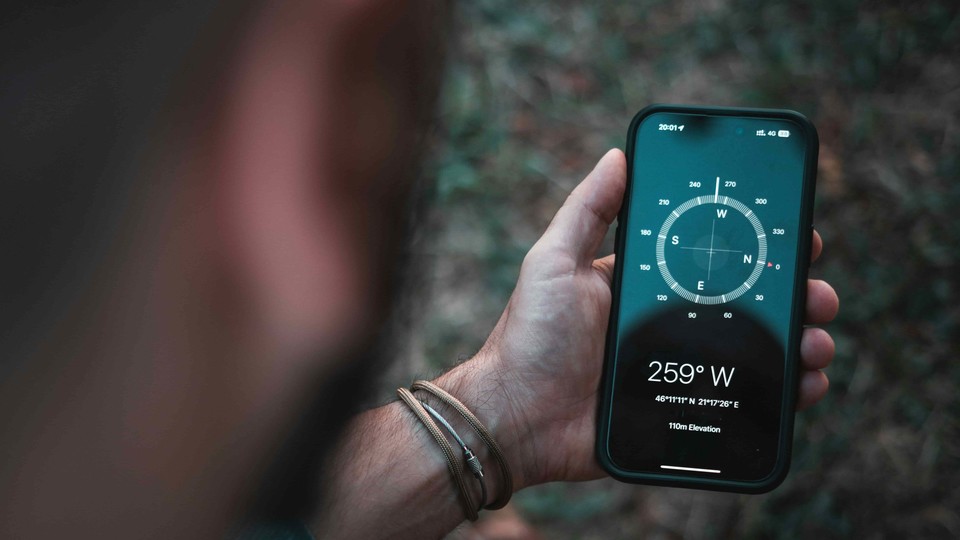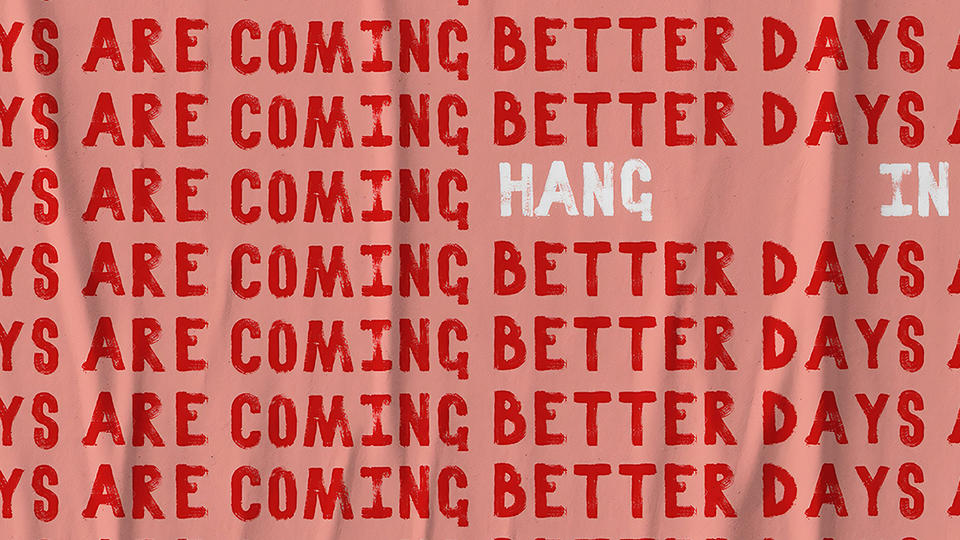
Sorry Not Sorry
What Does It Take To Make A Decent Apology?
By Claudia Feldman
What Does It Take To Make A Decent Apology?
Think of some of the apologies we’ve heard in this year:
- Actress Roseanne Barr blaming Ambien for a racist tweet.
- Film producer and accused rapist Harvey Weinstein attempting to dismiss decades of sexual misconduct by quoting actress Meryl Streep, who once described their working relationship as “respectful.”
- Celebrity chef Mario Batali offering a seemingly sincere written apology after multiple allegations of sexual harassment and assault, then touting a recipe for pizza dough cinnamon rolls.
Men — or women — who will not take responsibility for their awful behavior are really nothing new. What is different today is the #MeToo movement, an outpouring of women sharing their own stories of abuse, and the omni-presence of social media. Stories about misconduct of all sorts — and the insincere apologies that tend to follow — go around the world in the length of time it takes to hit the “send” button.
That may explain why primers on apologies, for individuals and business leaders, also are trending now. Apologies can’t heal all wounds; sometimes they make things worse, says Anastasiya Zavyalova, an assistant professor of strategic management at Rice Business.
But sometimes a serious apology can break a fall.
Roy Lewicki, professor emeritus of management and human resources at The Ohio State University’s Fisher College of Business, started focusing on apologies in the wake of JetBlue’s detailed explanation of a major equipment shutdown in New York, Tiger Woods’ mea culpa for extra-marital affairs, and British Petroleum’s attempt to atone after the deadly Deepwater Horizon oil spill.
As such clippings piled up on his desk, Lewicki saw links between his extensive research on trust and the importance of trust repair. Did apologies help mend torn business relationships, he wondered? What did an effective apology look like?
After several years of study, Lewicki found six key components to a good “sorry," and the more of those components included in the apology, the better. They were: an expression of regret (I’m sorry), a specific explanation of what went wrong (this is why I’m apologizing), an acknowledgement of responsibility (it’s my fault), a declaration of repentance (it will never happen again), an offer of repair (here’s how I plan to fix this) and a request for forgiveness.
Lewicki’s research also showed that the six elements are not equal in importance. What matters most are the acknowledgement of responsibility, declaration of repentance and offer of repair.
A different kind of apology, between individuals, lies at the core of psychologist Harriet Lerner's recent book, “Why Won’t You Apologize?” She recommends a message that is short, sincere and designed to open lines of communication. Here’s an example: “The comment I made was offensive (and name it). It was insensitive, uncalled for and it won’t happen again.”
But, as Lerner says, it’s one thing to forget to return a friend’s Tupperware and another to sleep with her husband. In cases of more egregious behavior, Lerner says, “I’m sorry” is a good first step in a long distance run that requires the offender to drop his or her defenses and simply listen.
“There is no greater gift, or one more difficult to offer, than heartfelt listening to that kind of pain, especially when the other person is accusing us of causing it,” Lerner says.
***
Oberlin College psychology professor Cindy McPherson Frantz researched a subset of “I’m sorry” etiquette after a student vented about a boyfriend’s apology. It was too early, the young woman said; she wasn’t ready to hear it.
At first that sounded ridiculous. Then it wasn’t.
“Yes, there is such a thing as a too-early apology," Franz says. "It’s usually in the interest of the other person to say ‘I’m sorry’ as quickly as possible, but the victim really needs to feel heard and understood. The perpetrator needs to get what he did wrong and be committed to not doing it again.”
Other common missteps include repeated apologies that don’t ring true and statements like, “I’m sorry if I offended you” or “I’m sorry if you feel that way.”
“Sorry I offended” means the perpetrator is not expressing regret or taking responsibility for what he did wrong, Frantz says. “‘Sorry you feel that way’ implies your reaction is not legitimate.” Says Lerner, “Humans are wired for defensiveness so there are endless ways that we slip into vague, obfuscating language that obscures what we are sorry for.”
Frantz’ vote for worst apology of the year goes to Andy Savage, a pastor in Tennessee. By video he apologized to his congregation for a “sexual incident” with a high school girl that took place on the way home from a Houston area church 20 years ago.
“He was in the power position — he was bigger and older,” Frantz says, “and he described what happened as a regrettable encounter as opposed to sexual assault, which it was. He got a standing ovation from the congregation — he was patted on the back for confessing his sin and seeking forgiveness. But she wasn’t patted on the back. She didn’t get anything.”
According to media accounts written after the video went viral, Savage said he apologized to the girl those many years ago. Jules Woodson, now a middle-aged woman, wrote on an online site for abuse survivors that the only comment even close to an apology came immediately after the encounter. She wrote that he said, “‘Oh my God, oh my God. What have I done? Oh my God, I’m so sorry. You can’t tell anyone, Jules, please. You have to take this to the grave with you.’” Frantz says Savage talks about the assault today as if they both behaved sinfully. “That is completely blaming the victim and side-stepping responsibility.”
Lerner describes most public apologies as performances. “At the time of the public apology,” she says, “the wrongdoer wants to save his own skin.”
Zavyalova, the Rice professor who studies reputation management after negative events, has no trouble remembering bad apologies in the corporate world. Just two examples: The apology offered by United Airlines in 2018 after a passenger was dragged off a plane, and by BP in 2010 after its Deepwater Horizon drilling rig exploded in the Gulf of Mexico, killing 11 workers and spilling millions of gallons of oil.
In the United case, four passengers who had already boarded a plane and found their seats were asked to leave because the flight was overbooked (a situation that arose when four off-duty United employees arrived and wanted seats on the full airliner). Three passengers acquiesced and left but one man, an elderly doctor, refused and raised his voice in protest. The United crew summoned airport police, who wrestled the man off the plane. His next stop was a nearby hospital because he sustained injuries to his face.
After cell phone videos of the ruckus circulated, United CEO Oscar Munoz might not have been able to say anything to avoid public outrage. But his first, terse statement was defensive and tone deaf, including the line, “I apologize for having to re-accommodate these customers.” It took several more statements from Munoz before he sounded truly sorry.
****
In navigating the aftermath of public relations disasters, Zavyalova says, part of the challenge is knowing when to keep quiet. “Business leaders may have legal advice to not make public statements until the details of a particular situation are clear,” she notes. “On the other hand, executives have to consider that the decision to remain silent allows for others to take control of the story.”
Adds Lewicki from Ohio State, “That question — to apologize or not — arises with very serious violations which reflect on one’s integrity. Some research argues that when an apology reveals a defect in character, that person might be better off denying — or saying nothing — than acknowledging the real problem.”
Lerner agrees: There are times to remain mum.
“It is not useful to apologize to someone who truly does not want to hear another word from you,” Lerner says. “In those cases, it’s intrusive to offer an apology, whether by voice, email, text, flowers or carrier pigeon.” In that same vein, Lerner says, “It is unimaginable to me that the victims of abuse want the offender to show up at their door and make a personal apology. They (the victims) just want that person to go away — and in some cases — to jail."
Anastasiya Zavyalova is an assistant professor of strategic management at Jones Graduate School of Business at Rice University.
Claudia Feldman is a freelance writer living in Houston and editor of the Last Word, a service that helps people tell their own stories.
A version of this article also appeared in the Houston Chronicle.
Never Miss A Story


